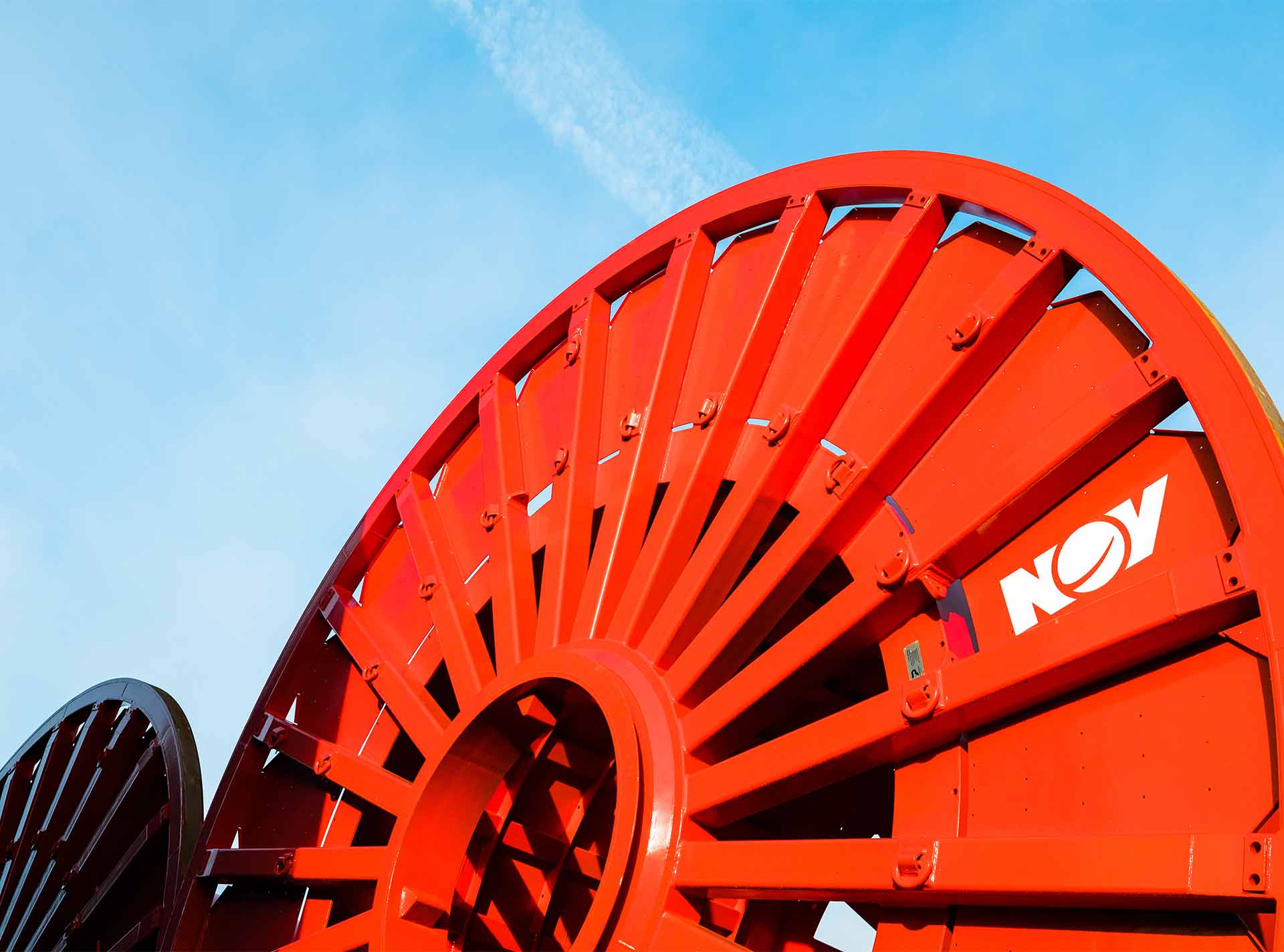Podcast
Not Your Average Garden Hose - Part 2
With guest Marie Haahr
Mar 25, 2019
In our last episode, we talked about how our subsea flexible pipe, manufactured in the Flexibles facility in Denmark, operates in some of the world's harshest, most demanding environments for 30 years with only one inspection. On the second episode in the series, we continue the journey, learning about the critical role metallurgy plays in making reliable, high-performance flexible pipe. Listen in as we explore how a deep understanding of the physical and chemical characteristics of metals helps us better understand how we can make pipe that survives through high temperatures, pressures, and sour service. We'll also discuss how our commitment to supply chain excellence and proper qualification and testing ensures our customers always get the very best product.
